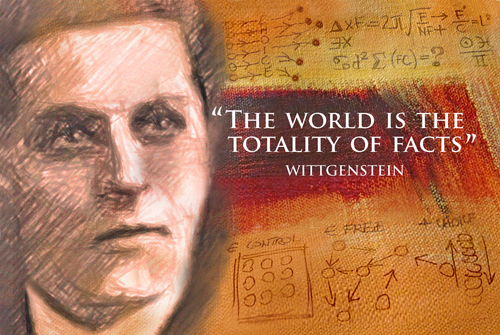
"Reality is like an image in a cloud. From a distance, things seem clear: surely that's a rabbit. But move closer and the shape distorts: it looks less and less like a rabbit."
"There are things we can never know. There are questions that have no answer. There will always be uncertainty."
"We will find that mathematics, logic, and science all lead to the same truth: that not everything is knowable."
"The insights of Gödel and Wittgenstein continue to resonate, revealing that the more closely we examine reality, the more questions we uncover."
The limits of human knowledge are established through the convergence of ideas from Gödel and Wittgenstein. Their work suggests that as people attempt to understand the complexities of reality, they encounter increasing uncertainties. Reality can be compared to a vague image that distorts when observed closely, leading to more inquiries rather than solid answers. While many strive for clarity and certainty, the exploration of knowledge reveals inherent limits within language, mathematics, and science. The persistent uncertainty reflects a fundamental truth about human understanding and the quest for knowledge.
Read at Philosophynow
Unable to calculate read time
Collection
[
|
...
]